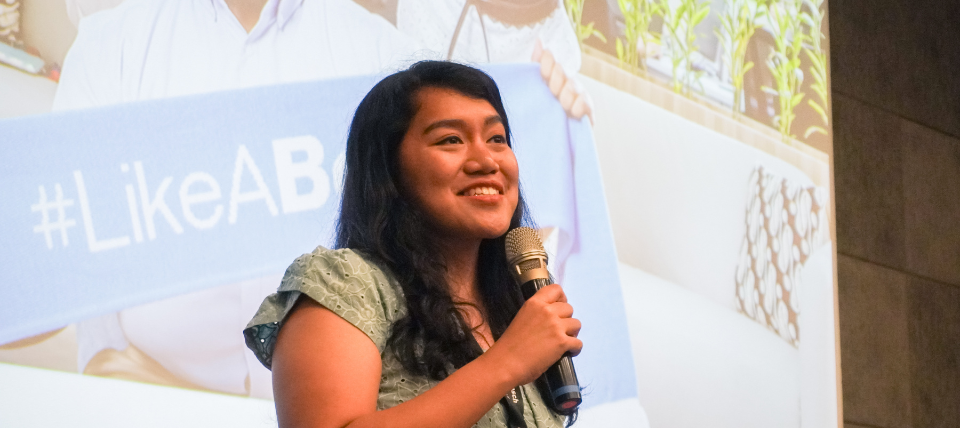Sustainable Business Lessons from Bosch’s 100 Years in Indonesia

Tangerang, 15 November — The recent industry visits from Bosch Indonesia to BINUS University’s Alam Sutera Campus, provided our students with an invaluable opportunity to engage directly with one of the world’s leading technology and engineering companies.
The visit also provided students with the opportunity to immerse themselves in Bosch’s corporate culture, learning how the company fosters creativity, collaboration, and innovation. This exposure helped students gain practical knowledge about the professional work environment and the expectations of multinational companies.
Bosch entered Indonesia in 1919 and established its subsidiary in the country in 2008. Over the years, Bosch has expanded its presence in Indonesia, offering innovative products and services across various industries and sectors. Known for its technology leadership, Bosch provides cutting-edge solutions for automotive, industrial, and consumer goods, among others.
“With over 100 years in Indonesia, Bosch has continuously adapted to political shifts, “In a changing environment, businesses must stay agile and adjust strategies for sustainable growth and long-term success,” said Gino Souhuwat, Business Development Manager for Two-Wheeler and Powersport Business.
Through active engagement with industry experts, BINUS University underscores its commitment to preparing students for the challenges of a dynamic global market, equipping them for successful careers in multinational corporations.
“By engaging in this knowledge exchange, our students gain valuable perspectives on the geopolitical, technological, and skill-related changes impacting global supply chains, particularly in the context of sustainable industry practices,” said Lea Simek, Deputy Head of International Business Management for the Global Class program.
Lastly, the collaboration between Bosch Indonesia and BINUS University serves as a remarkable example of how industry and education can intersect to foster the next generation of professionals. By providing students with firsthand insights into sustainable business practices and the intricacies of multinational operations, they are better equipped to navigate the complexities of the global market.
(Words by Mita Adhisti/Editor: Hamzah Ramadhan)



